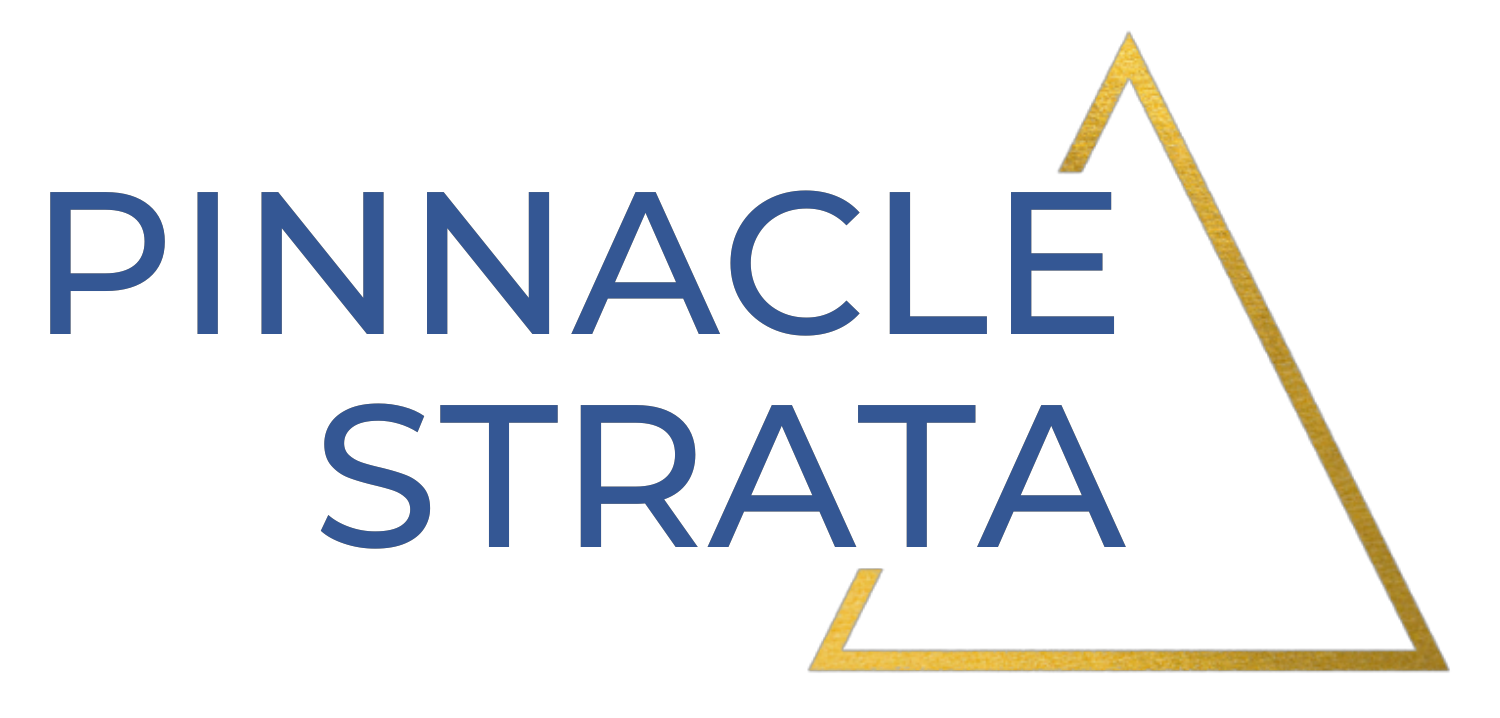The Power of Good Decisions
Strata communities, or bodies corporate, are unique environments that rely on collective decision-making to manage common property, uphold community values and maintain the long-term health of the property.
The strength of these communities does not come solely from bylaws or building maintenance. It stems from the ability of owners and committees to make clear, inclusive and well-informed decisions.
This article outlines how decisions are made within a body corporate, what defines a good decision-making process, the common pitfalls to avoid, and why robust decision-making is vital for the success of any strata community.
How Decisions Are Made in a Body Corporate
In Queensland, body corporate decisions are usually made through two types of meetings:
Committee Meetings for routine matters
General Meetings such as Annual General Meetings (AGMs) and Extraordinary General Meetings (EGMs) for more significant issues
The typical process involves:
Proposal Submission – Any member can submit a motion for consideration.
Notice of Meeting – All members receive a formal notice with the agenda and motion details.
Discussion and Voting – Proposals are discussed at the meeting and voted on. Most require a simple majority, but some need a special resolution or resolution without dissent.
Implementation – Once passed, the decision is actioned by the Committee or Body Corporate Manager.
Hallmarks of Good Decision-Making
Effective decision-making supports a well-run, harmonious community. Key traits of a strong process include:
Transparency – Information about proposals, discussions and outcomes should be openly shared.
Inclusivity – Broad participation helps ensure diverse views are considered.
Clarity – Motions should be clearly worded, with understandable implications.
Timeliness – Addressing matters early prevents issues from escalating.
Fairness – All decisions should reflect the collective interest, not individual agendas.
Diverse Perspectives – A variety of viewpoints leads to more balanced outcomes and better problem-solving.
Common Pitfalls and How to Avoid Them
Even with the best intentions, body corporates can encounter challenges. Common pitfalls include:
Lack of Participation
Low attendance can result in decisions that do not reflect the wider community. Offer flexible meeting times or virtual options to encourage involvement.Poor Communication
Misunderstandings can cause conflict. Maintain clear communication channels and issue thorough minutes of meetings.Bias and Favouritism
Decisions influenced by personal relationships rather than community benefit can be damaging. Encourage impartiality and respectful debate.Ignoring Expert Advice
Skipping professional input on legal, financial or technical issues can lead to costly mistakes. Seek advice when needed.Procrastination
Delayed decisions can worsen problems. Set clear timelines and responsibilities for following through.
The Risk of Not Wanting to “Rock the Boat”
While harmony is important, avoiding conflict at all costs can prevent necessary progress. Staying silent to avoid disagreement may lead to:
Unaddressed Issues – Problems linger or worsen.
Stifled Innovation – New solutions are overlooked.
Erosion of Trust – Members may feel disengaged or unheard.
Constructive disagreement is not only healthy, it is essential. Encourage members to speak up respectfully and welcome different viewpoints. Recognise and appreciate those who raise concerns or offer alternative ideas.
Why Good Decision-Making Matters
Good decisions have wide-reaching benefits, such as:
Protecting Property Values – Well-timed maintenance and improvements help retain market value.
Building Community Harmony – Inclusive and transparent processes reduce conflict.
Ensuring Smooth Operations – Efficient decision-making keeps everything running as it should.
Maintaining Compliance – Sound financial and legal decisions protect the community.
Planning for the Future – Strategic thinking helps the body corporate meet future needs.
In Summary
Strata communities thrive when decision-making is thoughtful, inclusive and transparent. Avoiding common pitfalls, encouraging open communication and welcoming differing opinions are key to creating a successful and united community.
Strong, collaborative decisions do more than solve immediate problems. They lay the foundation for a community that is resilient, well-governed and built to last.
